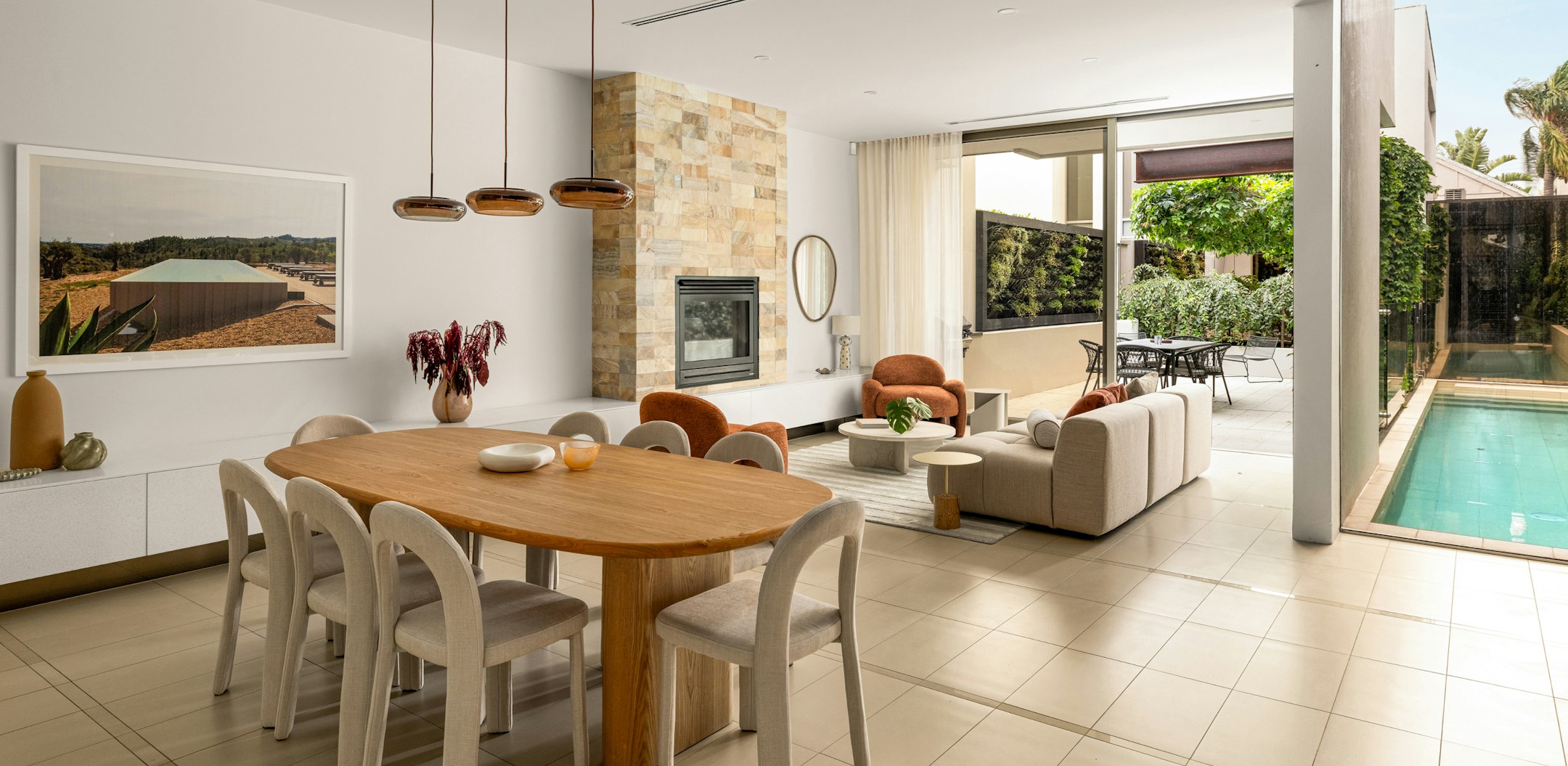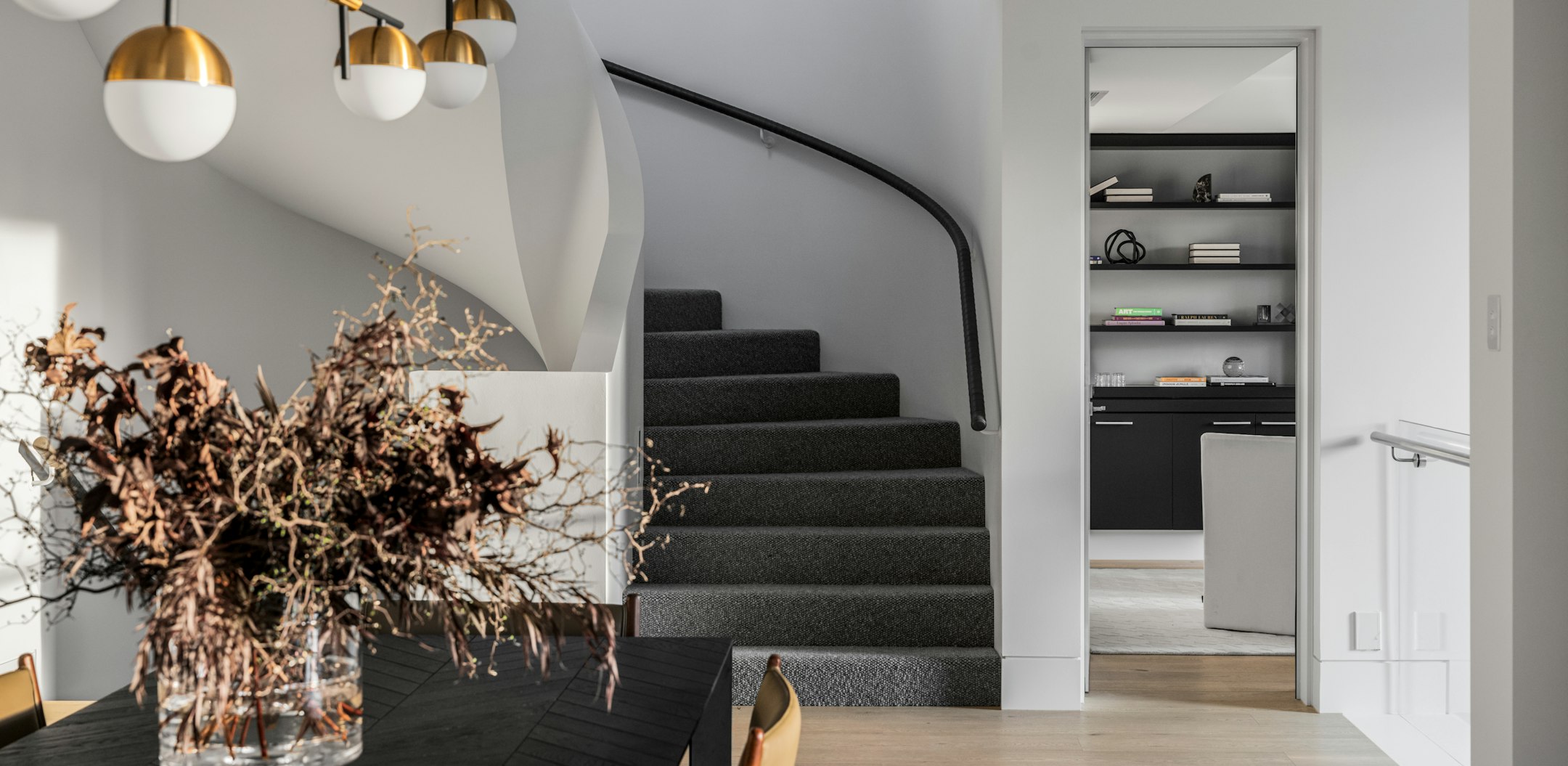As of July 1, the Australian government will ban the use, supply, and manufacture of engineered stone benchtops, panels, and slabs containing over 1% silica due to the health risks of respirable crystalline silica dust causing silicosis when inhaled by workers cutting and installing the material.
Property InsightsLife after engineered stone
Next ArticleLife after engineered stone

Exploring innovative and safe benchtop options into the future
14 May 2024
Engineered stone, composed of crushed quartz bound with polymer resin, offers durability and aesthetics but poses serious risks from its high silica content. In contrast, natural stone, such as granite or marble, is quarried from the earth and poses no known health risks when used as a benchtop material. The ban will affect engineered stone's availability in construction and renovations and steer kitchen design towards safer, more sustainable choices.
As the July 1 deadline approaches, homeowners are exploring substitute kitchen benchtop materials that offer both style and functionality. One material gaining traction in Europe and the US is porcelain. Non-porous, heat and scratch-resistant, porcelain offers durability and minimal maintenance. Available in a range of colours and patterns that mimic natural stone, concrete, and even wood, porcelain provides a versatile and compelling solution.
Solid surface materials, such as Corian or Staron, are another attractive option. These engineered products, composed of acrylic or polyester resins, provide a seamless, non-porous surface that is easy to clean and maintain. They can be thermoformed into various shapes and even incorporate integrated sinks for a contemporary aesthetic.
For a more traditional or rustic aesthetic, timber benchtops remain a timeless alternative. Hardwoods like oak, walnut, and maple bring warmth and character to a kitchen, while sustainable choices like bamboo offer a unique, eco-friendly alternative. High-pressure laminates have also evolved, now providing a wide range of finishes at an affordable price point.
Stainless steel benchtops, a staple in professional kitchens, offer a sleek, hygienic, and heat-resistant surface for homeowners seeking an industrial feel. Concrete benchtops, either poured in place or precast, provide a contemporary and customisable solution that can be tinted, textured, and finished to create a unique and durable surface.
As Australia adapts to the engineered stone ban, homeowners have a diverse array of replacement kitchen benchtop materials to explore. By staying informed about the new regulations and working closely with suppliers and fabricators, they can make choices that prioritise both style and safety in their kitchen renovations.
By setting a precedent in regulating materials based on health considerations, Australia may potentially reshape global trends in interior design and construction, encouraging a shift towards more responsible selections in the heart of the home. As other countries take note of Australia's proactive stance on worker and consumer safety, the ripple effect could lead to widespread changes in the global market for kitchen benchtop materials.



